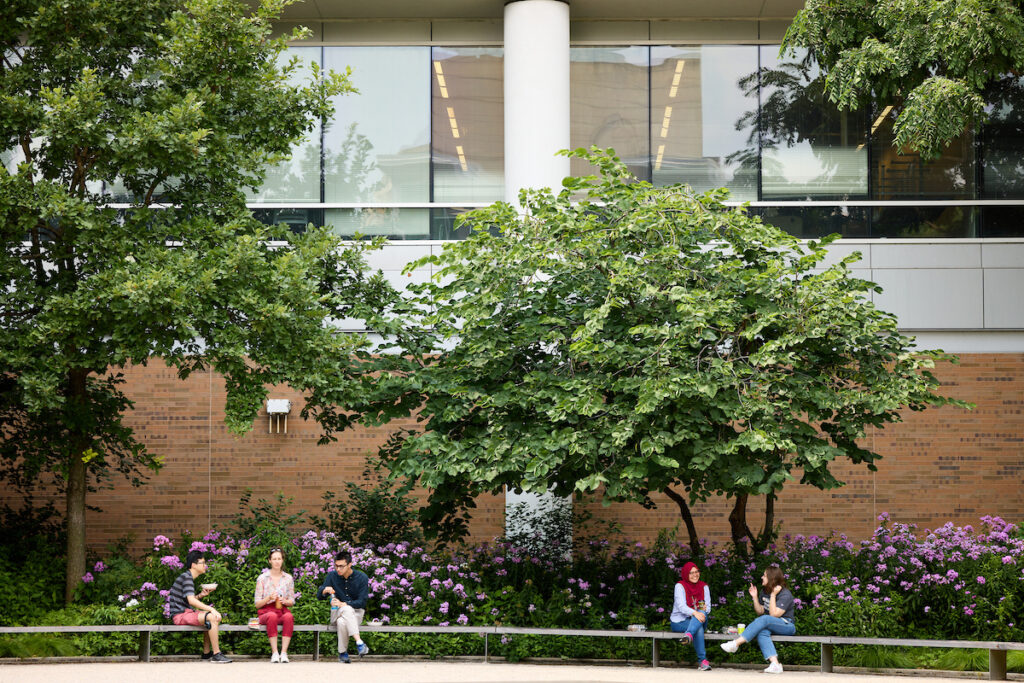A collaborative culture is essential to achieving our missions and goals in the Department of Anesthesiology. Culture impacts the well-being and ability to thrive of all members of our community. Over the past few years, leaders have taken on key roles within our department, aspiring to establish and advance programs that build and positively transform our culture.
Erin Herrera, CRNA, was selected to be the inaugural associate vice chair for well-being in our department. She has spearheaded exciting and innovative initiatives, focused on the needs and growth of our department’s members.
One of Herrera’s first endeavors was the creation of a health and wellness newsletter, the Well-being Word. There have been 17 issues to date, and content has included educational and well-being resources, a “Day in the Life” series to e-meet co-workers, a Wellness Champions Corner, and event promotion. She also spearheaded the department’s partnership with Calm, a health and wellness application, free for all department members. This resource allows unlimited access to guided meditations, specialized music playlists to help with stress and focus, mindful movement videos and audio, relaxing sleep stories, tailored content for children, wisdom-filled masterclasses led by experts, and much more.
“A big thank you for the Calm premium subscription! Studying for boards did a huge number on my anxiety levels! The application has been a very helpful in getting me back to sleeping normally again!” said Claira Sousa, CRNA.
Herrera established a variety of social connection and engagement activities, including a department-wide farm day for families to enjoy an afternoon of hayrides, bounce houses, and camaraderie; monthly wellness walks and bike rides; book clubs; therapeutic horticulture events; and more. Together with other leaders, Herrera organized the Women of WUDA retreat in early February, where over 100 women from the department joined for a morning of professional development, wellness activities, and networking opportunities.
In addition to continuing these offerings, a priority for 2023 is the department’s Peers in Anesthesiology Supporting a Fair Environment (PIA SAFE) program. As a supplement to the School of Medicine’s SAFE Program, PIA SAFE aims to address concerns about negative behaviors, conflicts, and microaggressions experienced by members of the department. Beyond reporting and reacting, PIA SAFE champions receive training in peer support, coaching, and psychological first aid. They are also provided with information on specific programs and referral resources. This empowers the champions to provide meaningful assistance to their colleagues. Training for the inaugural cohort of champions began in November 2022, with the second cohort beginning training this past February.
Herrera is currently working with Human Resources and the Department of Psychiatry to develop crisis management protocols, including response strategies for substance use, suicidality, and other mental health crises.
“I am so thankful to have both the opportunity and support of the department to implement this important programming. Prioritizing the well-being of our people is a key component of our department’s mission, and my goal is for us to become a leader in innovative well-being initiatives and policies, not just here at WashU but nationally,” says Herrera. “We are committed to using feedback from our team members to guide programming and initiatives, ensuring that we remain relevant, responsive, and receptive to the well-being needs of the department. We have so many fantastic and innovative ideas to advance our well-being and culture, and I look forward to harnessing the incredible enthusiasm and momentum we have gained this year as we continue to move forward.”
The department welcomed the new year with two new fitness rooms on the School of Medicine’s campus, which are available to all department members. Elizabeth Schappe, one of the Wellness Champions and CRNA pod leaders in Parkview Tower, was awarded a Wellness Connection grant that she used to purchase exercise equipment for departmental use. These start-up funds helped equip the workout rooms with cardio machines, weights, yoga mats, foam rollers, and more. Herrera is currently collaborating with personal trainers to plan monthly workouts for colleagues to complete on campus or at home.
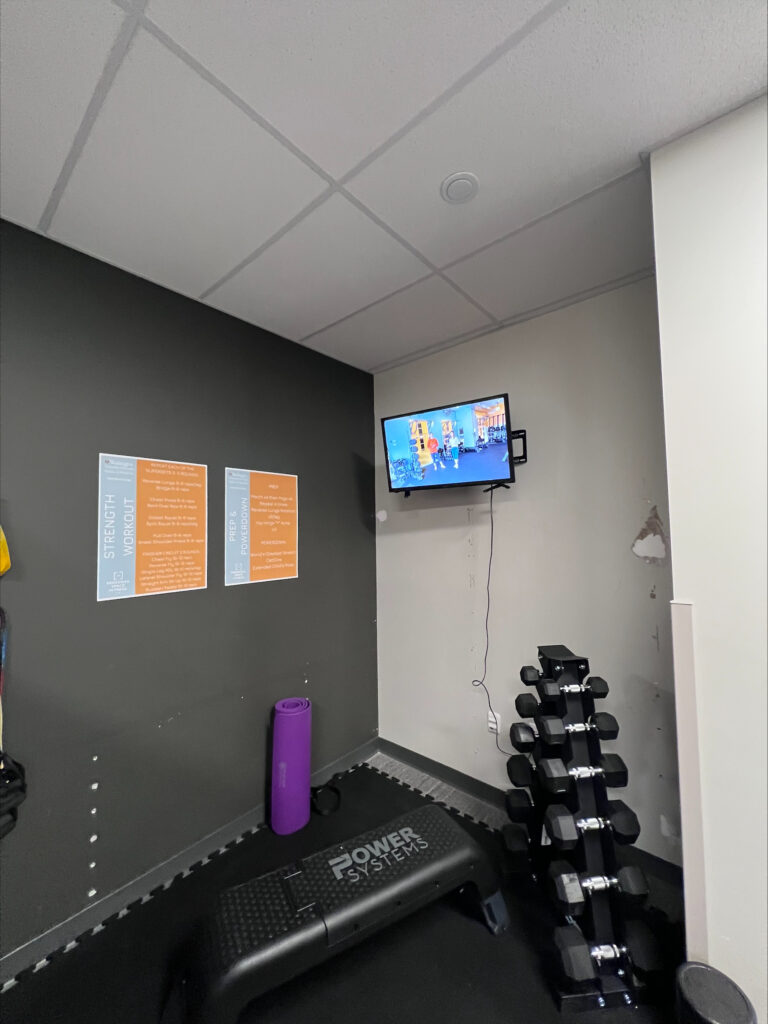
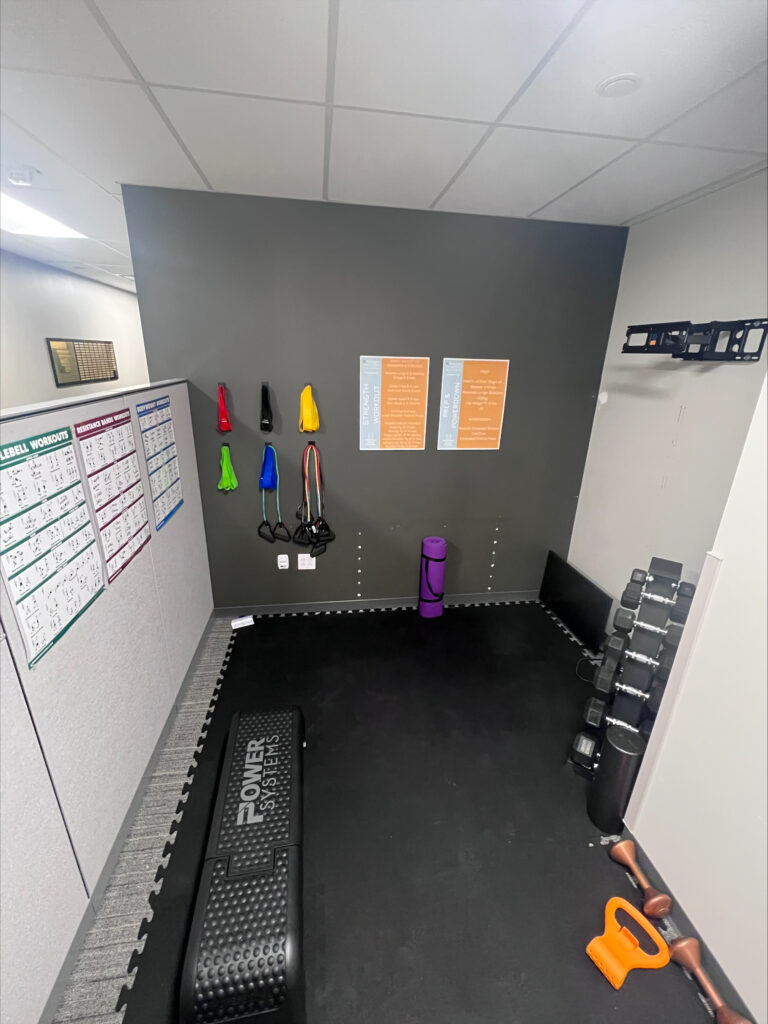
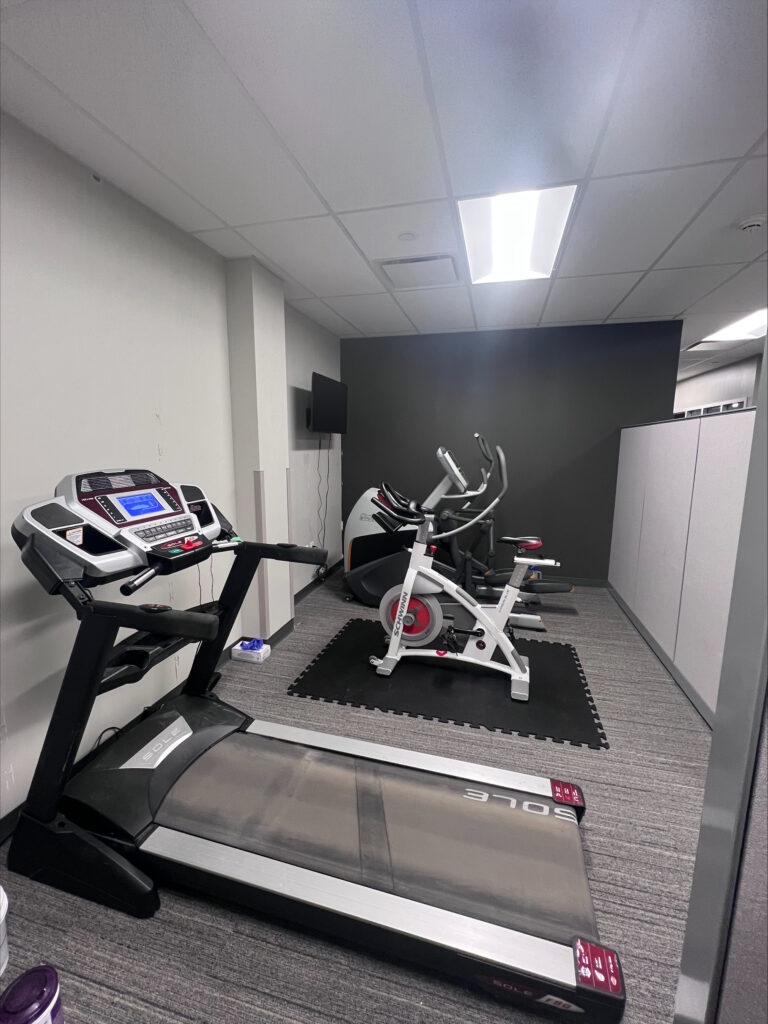
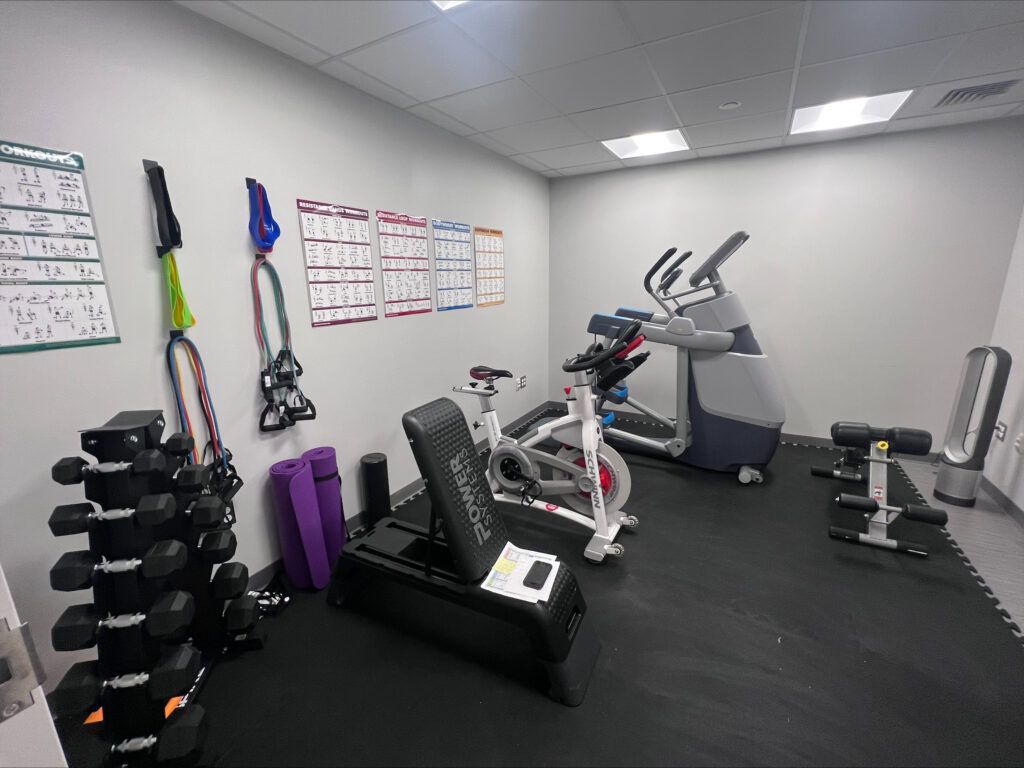
Navigating the health and wellness arena would not be possible without support from department leadership and wellness champions like Schappe. As health and wellness have become more ingrained in the department’s culture, members of our community have been rising to the occasion to regularly assess additional needs and opportunities, as well as lead wellness initiatives and projects for their specific areas.
Meet our Wellness Champions:

Resident Wellness Champion

Resident Wellness Champion

Resident Wellness Champion
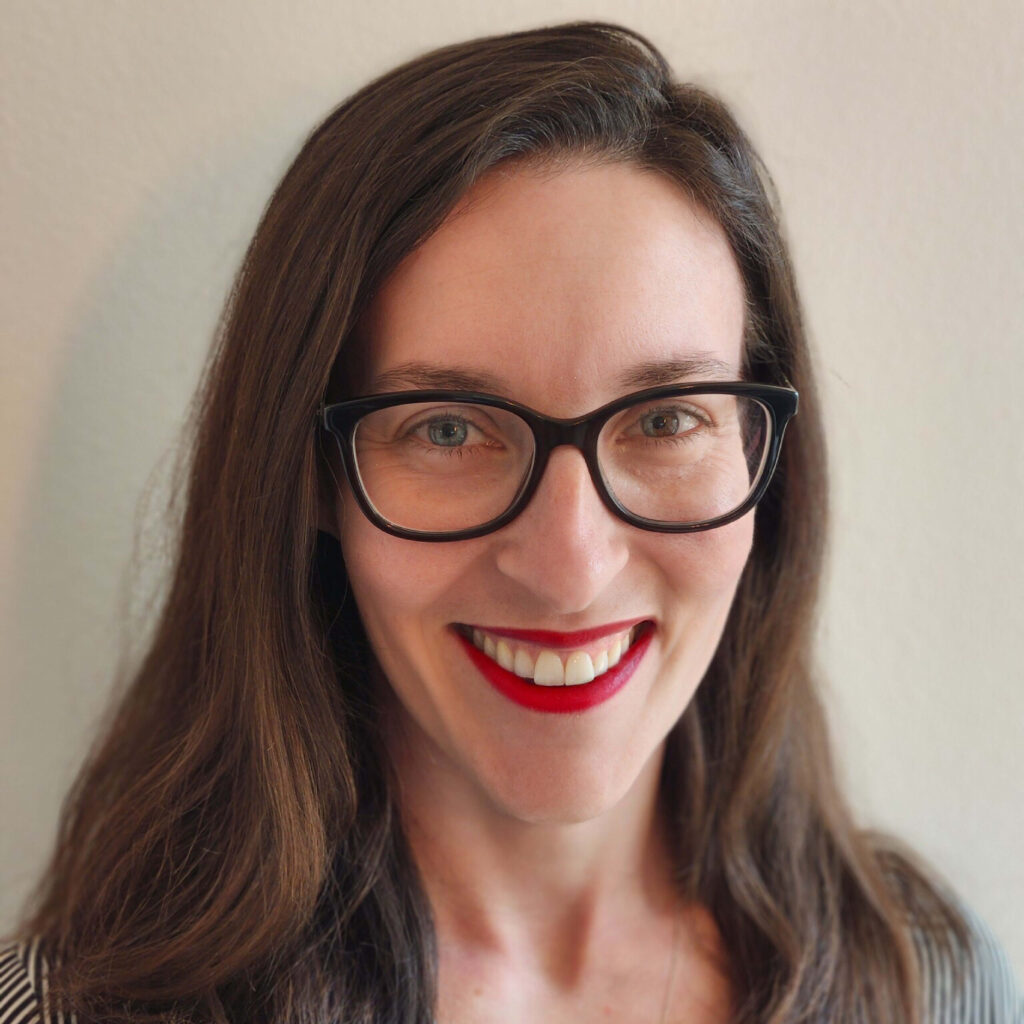
CRNA Wellness Champion
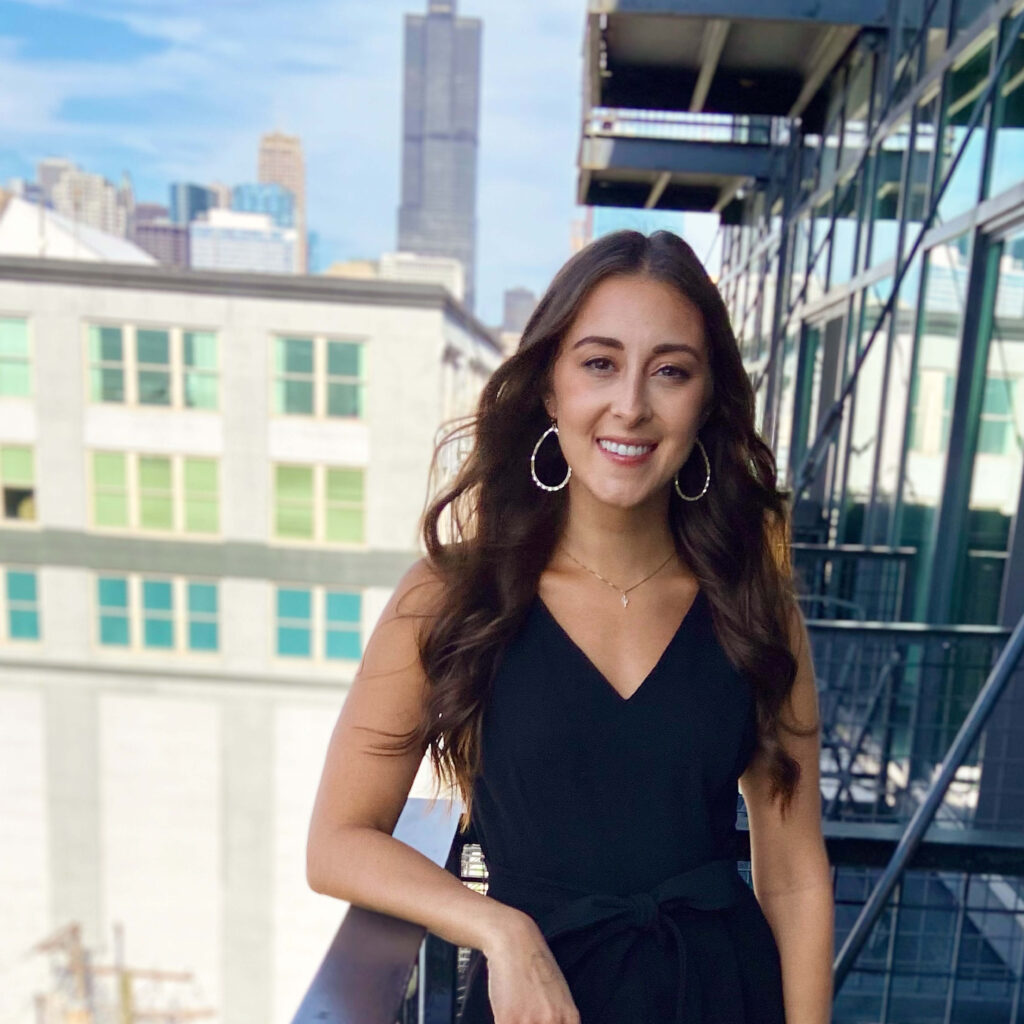
SRNA Wellness Champion
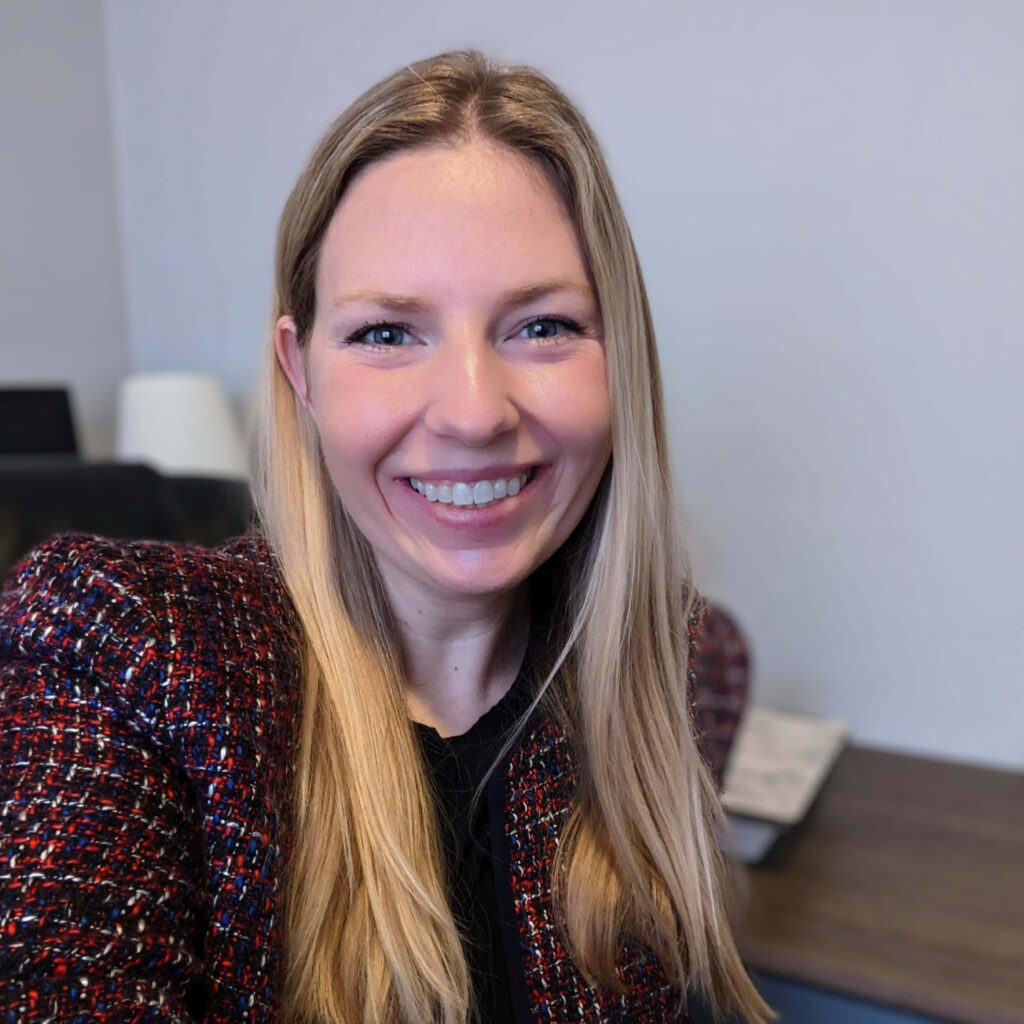
SRNA Wellness Champion
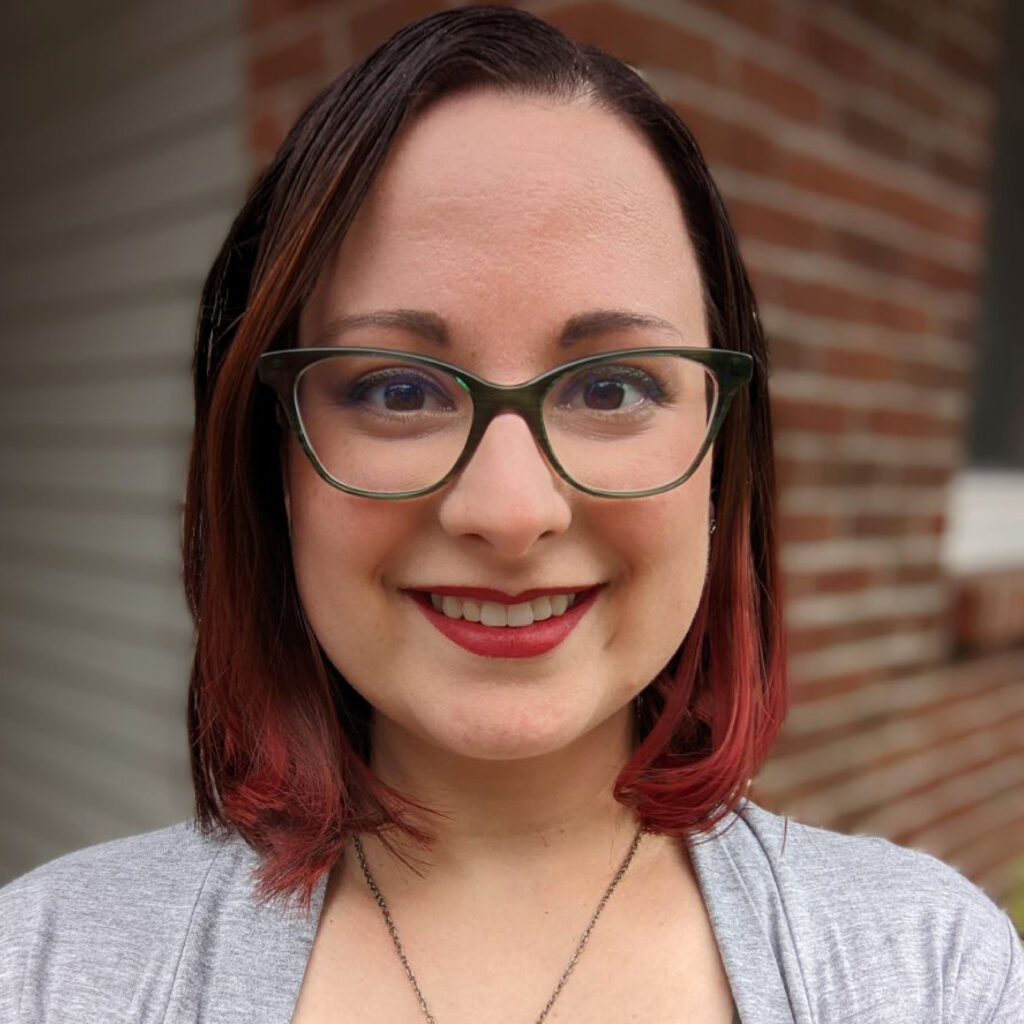
Research Wellness Champion
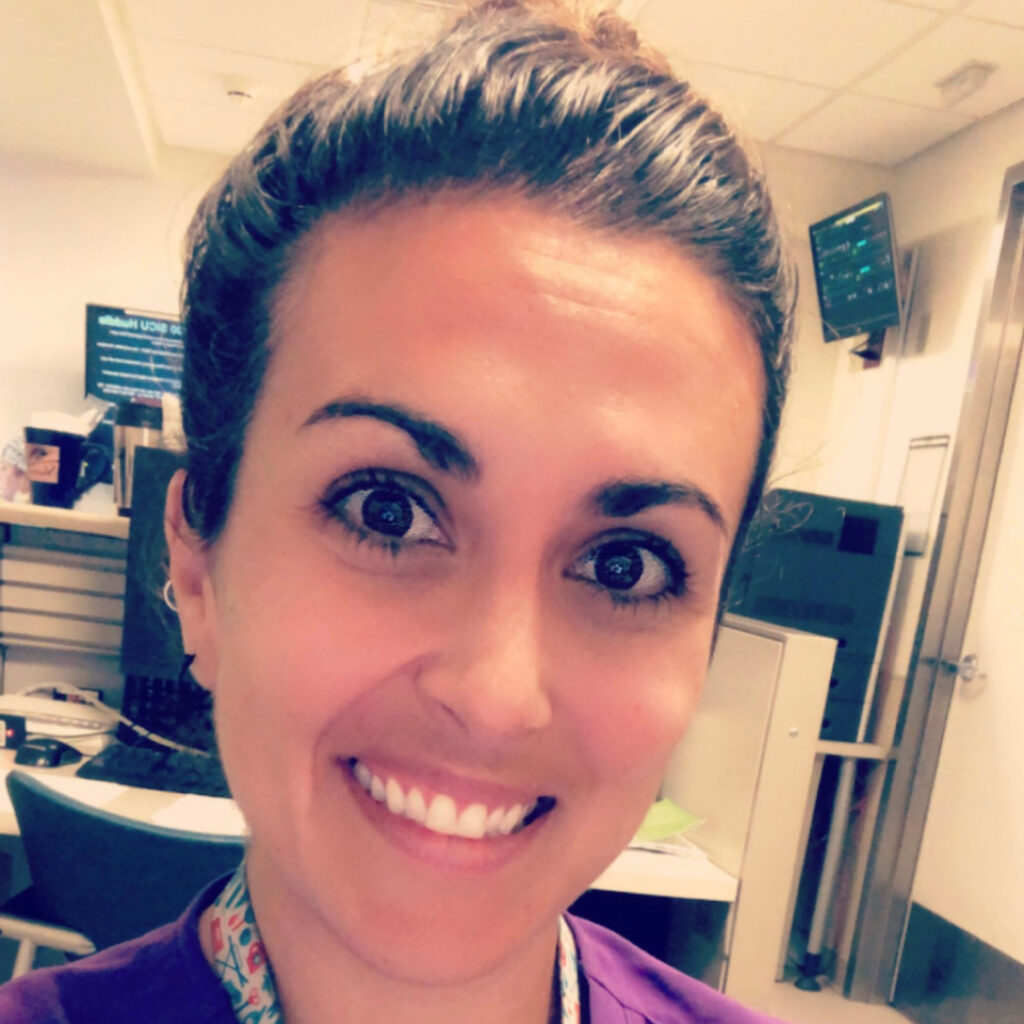
APP Wellness Champion

APP Wellness Champion
In addition to focusing on the health and wellness of team members, the department has also launched a professional development program to show our commitment to caring for and supporting individuals in all capacities and stages of their careers.
The four-month program has monthly meetings, including a core workshop and a skills acquisition workshop, and is designed so that participants can tailor their own professional growth and learning to meet their individual goals.
The first cohort recently completed all four workshops, and the second cohort will begin this month.
“The challenge of offering a program to every member of our department is also a strength of the program, as it allows us to be relevant and to create a network of learning and support that transcends roles and locations throughout our wonderful department,” says Scott Markowitz, MD, MSOL, vice-chair for professional development and diversity, equity, and inclusion.
Associate Vice Chair for Diversity, Equity and Inclusion, Enyo Ablordeppey, MD, MPH, is also focusing her time on professional development, with an emphasis on anti-racism. In partnership with the Office of Diversity, Equity & Inclusion (ODEI), Ablordeppey is leading departmental efforts to provide a comprehensive professional development curriculum, called Understanding Systemic Racism (USR). The curriculum is available for all members of the WashU community, including medical trainees, staff members, researchers, and clinical teams. The program is tailored to meet the individual needs of participants.
The first series of courses, Diversity Modules 1.0-4.0, focuses on the basic presentation of core concepts related to diversity, equity, and inclusion across the campus. This introductory sequence is necessary to complete before embarking on the expanded USR curriculum.
The department has launched the USR curriculum for the executive leadership team, and it will be available department-wide this summer. The curriculum has five different tracks, including Managerial/Leadership, Clinical Faculty & Staff, Trainee, Research/Basic Sciences, and Non-Clinical Staff.
The School of Medicine’s ODEI recently completed its third cohort of Equity Champion training across campus. During this training, our department was represented by Amira Hodzic, Waliah RaKhem, and Shawn Reynolds, all of whom will play a pivotal role in developing and sustaining a fair, equitable, inclusive, and welcoming culture in the department. These individuals will also help disseminate information about the diversity and anti-racism curricula and encourage participation from colleagues.
Investing in culture begins by valuing people and offering dedicated resources, so we can all thrive both personally and professionally. Our department continues to add and promote these resources, including communication display boards in common areas for reminders and announcements, to ensure these opportunities do not go unnoticed. Herrera, Ablordeppey, Markowitz, and other departmental leaders aim to continue prioritizing culture focused initiatives, to ensure our department is welcoming, inclusive, and provides excellent care for our members.
